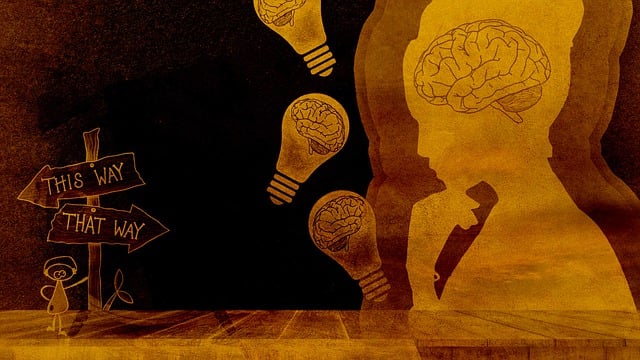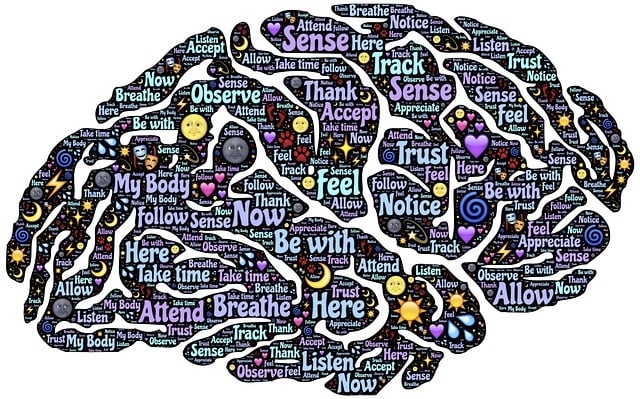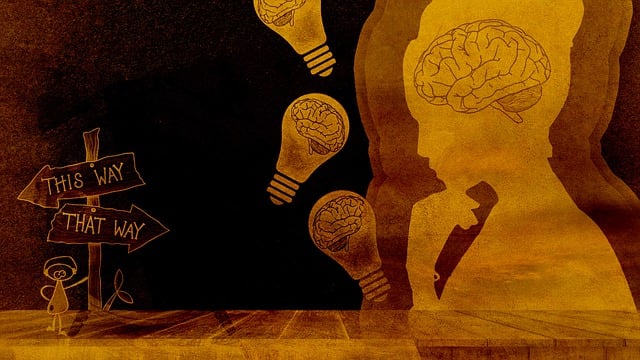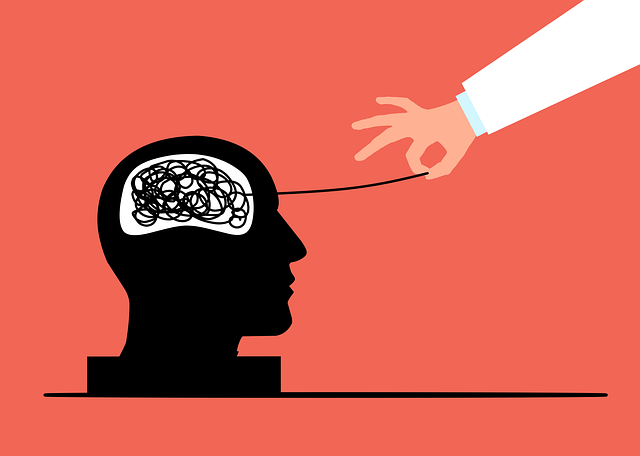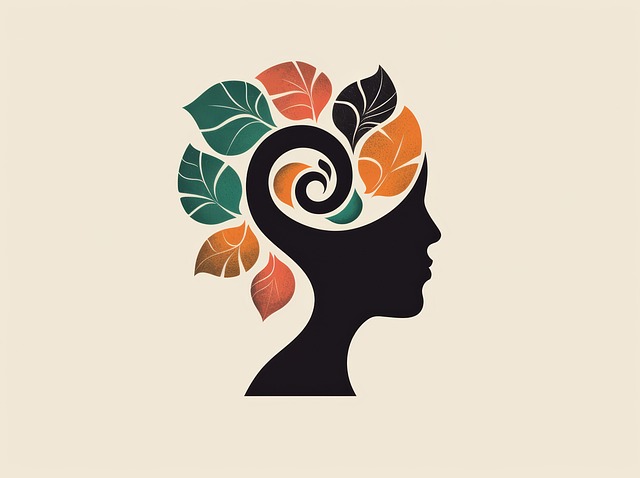Mental wellness journaling is a therapeutic outlet for adolescent teens, helping them process childhood trauma like abuse and enhance emotional regulation skills. Tailored exercises encourage self-awareness, coping mechanism development, and early mental health issue detection. Integrated into public awareness campaigns, this approach contributes to improved mental health policy advocacy and healing for victims of child abuse.
Mental wellness journaling is a powerful tool for adolescent teens, offering a safe space to process emotions and experiences. This article explores the potential benefits of journaling as therapy for young individuals, particularly those who have experienced childhood abuse. We delve into effective techniques, providing guidance on how to implement this practice. By understanding the connection between child abuse and mental health, we aim to equip readers with valuable insights to support adolescent teens in their journey towards healing through journaling exercises.
- Understanding Mental Wellness Journaling for Adolescents
- The Impact of Childhood Abuse and Its Connection to Journaling Therapy
- Effective Techniques and Tips for Journaling Exercises
Understanding Mental Wellness Journaling for Adolescents

Mental wellness journaling can be a powerful tool for adolescent teens, offering a safe and private space to express their thoughts and emotions. This practice, often encouraged by therapists, provides a means for teens to process complex feelings, especially those stemming from childhood trauma like child abuse. By jotting down their experiences, they can begin to understand and make sense of their emotions, fostering self-awareness and emotional regulation skills.
This form of journaling is not merely about documenting one’s day but rather serving as a therapeutic space for reflection. Mental wellness journaling exercise guidance tailored for adolescents should focus on encouraging them to explore their feelings without judgment, helping them identify triggers and develop coping mechanisms. This practice can significantly contribute to the early detection and prevention of mental health issues, especially when incorporated into public awareness campaigns development aimed at reaching this demographic.
The Impact of Childhood Abuse and Its Connection to Journaling Therapy

Childhood abuse, whether emotional, physical, or sexual, can have profound and lasting impacts on an individual’s mental health, particularly in adolescence. This experience often leads to complex emotions, such as fear, shame, and anger, which can manifest in various ways later in life if left unaddressed. Journaling therapy emerges as a powerful tool to help adolescent teens process these traumatic experiences and work towards healing.
Through structured journaling exercises, individuals can explore their emotions, thoughts, and memories associated with the abuse. This process facilitates self-reflection, allowing them to identify patterns of behavior and beliefs formed during those difficult years. By providing a safe and non-judgmental space, journaling therapy empowers teens to take ownership of their emotional well-being, fostering resilience and encouraging healthy coping mechanisms. Additionally, it can serve as a crucial component in Healthcare Provider Cultural Competency Training, enabling professionals to offer more tailored support for survivors of childhood abuse, ultimately contributing to effective Mental Health Policy Analysis and Advocacy.
Effective Techniques and Tips for Journaling Exercises

Journaling can be a powerful tool for teens to process and manage their mental health, especially those who have experienced child abuse or trauma. Effective techniques include writing freely about emotions, using prompts like “How did I feel today?” or “What brought me joy?”. This practice encourages emotional regulation by helping individuals identify and express their feelings.
For a more structured approach, teens can incorporate compassion cultivation practices into their journaling routine. They can write kind messages to themselves, reflect on personal strengths, or describe situations where they demonstrated resilience. These exercises promote positive self-talk and stress reduction methods, fostering a sense of safety and empowerment. Remember, consistency is key; regular journaling sessions can make a significant impact on overall well-being, especially when combined with professional therapy for adolescent teens.
Mental wellness journaling can serve as a powerful tool for adolescent teens, offering a safe space to process emotions and experiences, especially those stemming from childhood abuse. By integrating effective techniques discussed in this article, therapists can guide young individuals towards healing and personal growth. Journaling therapy has the potential to revolutionize mental health support for vulnerable populations, providing an accessible and engaging method to foster resilience and well-being.


